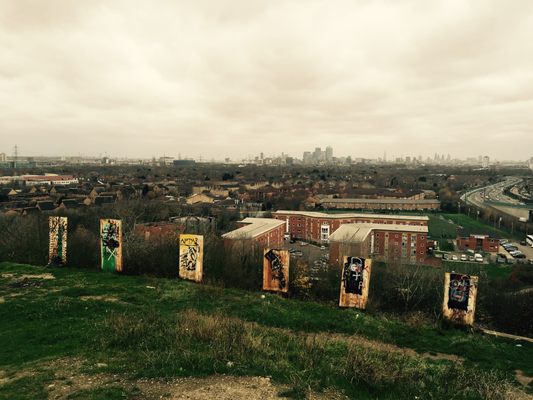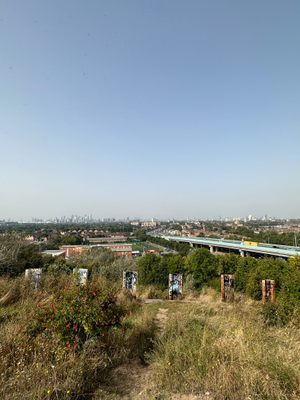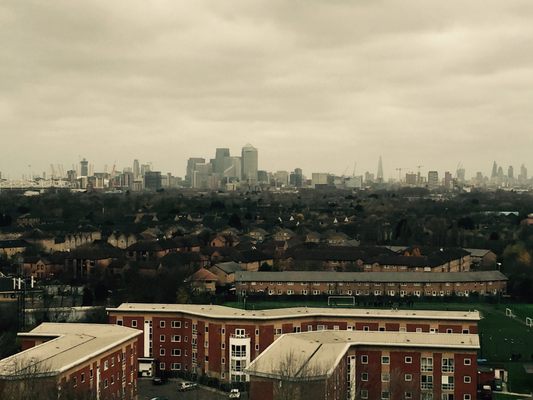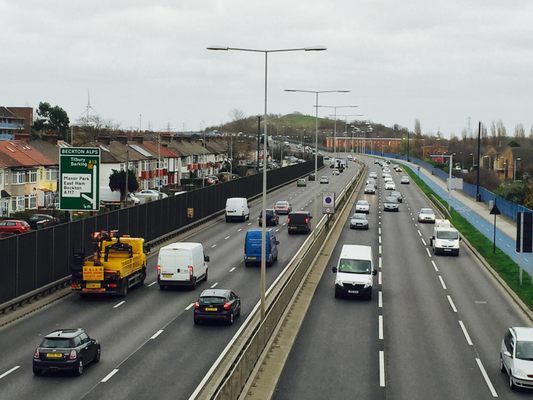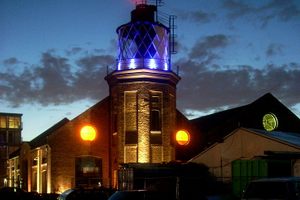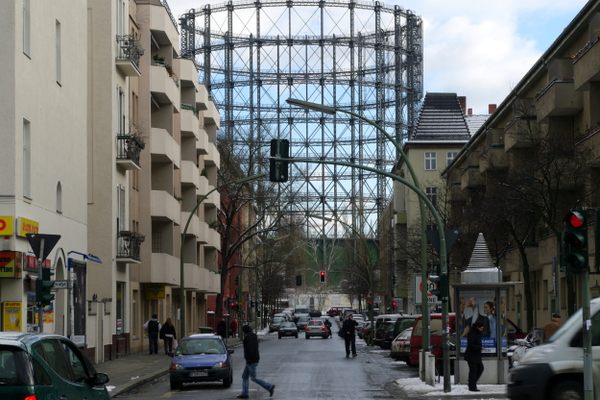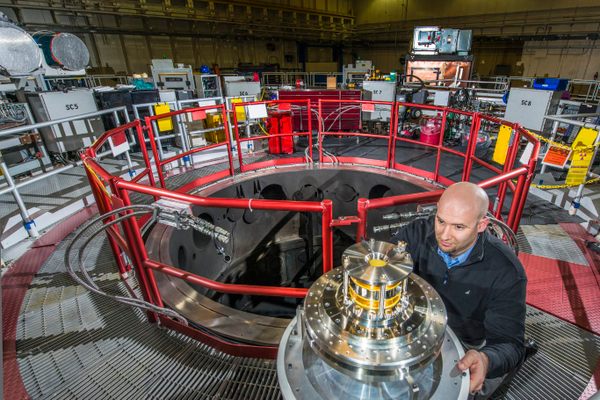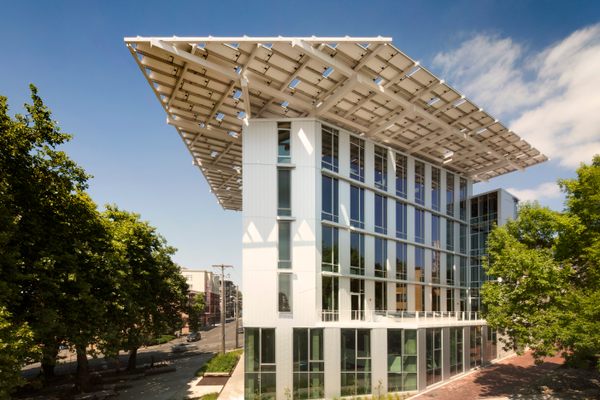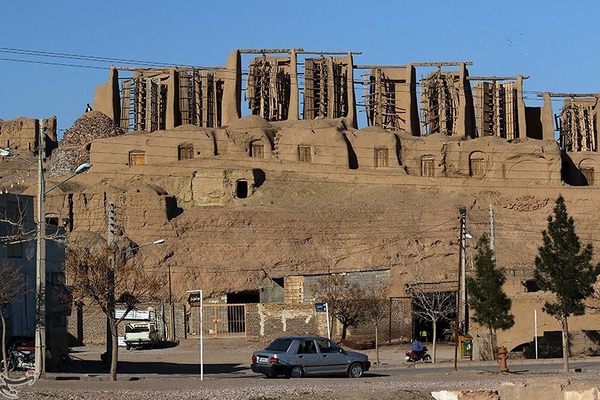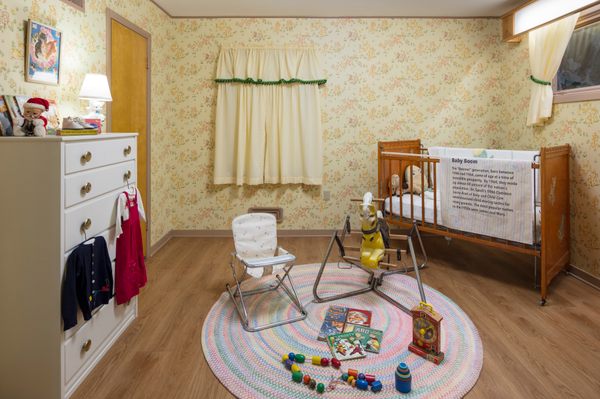About
When Beckton Gas Works was opened in 1870 it was situated close to the docks and far enough away from the populous areas of London to prevent city dwellers being inconvenienced by its effusions. Instead the company piled its toxic ash and other waste high in a series of mounds on the large areas of open marsh and scrubland around the plant. Following the closure of the gas works in 1970, the site became derelict, and the large range of spoil heaps earned the local nickname "Beckton Alps."
The name has survived longer than most of the heaps it describes, as a large part of the site was landscaped and redeveloped as part of the improvements made to London's docklands from the late 1980s onwards. However, one solitary heap remains, tucked between the major A13 road and the London Outfall Sewer.
In 1989, the sole remaining Alp's name was taken quite literally when an ill-fated dry ski slope was opened on the site. Efforts to revive this as "SnowWorld" have failed, and the site is now an area of local scientific and wildlife interest and provides excellent views towards London and the Thames Estuary.
The remainder of the gasworks site has had a more successful afterlife, with the post-apocalyptic landscape lending its eerie qualities to TV shows, movies and music videos. Most notably the final hour of Stanley Kubrick's Full Metal Jacket were filmed at the gas works, with appropriate vegetation and graffiti imported to give the area the appearance of the bombed out Vietnamese city of Hué circa Tet offensive. Oasis and The Smiths have also filmed promo clips at the site.
Much of the area has now been redeveloped into retail parks and housing. Visitors to the Alp can find the remains of the ski centre, rather forlornly littering the steep slope down to the ground. The area's nickname lives on in the name of the nearby road junction on the A13.
Related Tags
Know Before You Go
Beckton DLR station is a short walk from the Alp.
Community Contributors
Added By
Published
August 11, 2016
